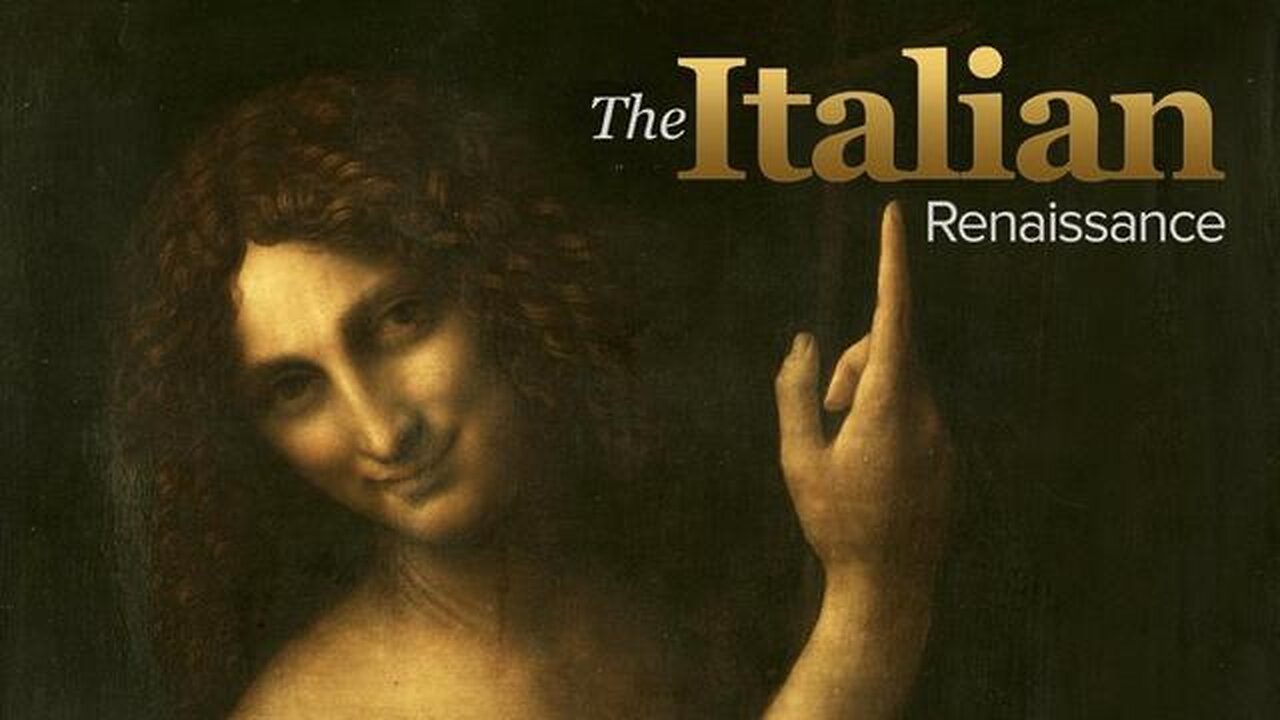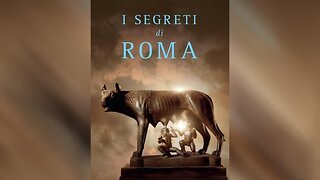Premium Only Content

The Italian Renaissance | Venice - The Most Serene Republic (Lecture 13)
Lecture 13: Venice, the other great republic in the peninsula, is a curious place. It was founded by Romans fleeing the barbarian invasions in the 5th and 6th centuries, seeking safety in the lagoons where the river Po meets the Adriatic. It was, therefore, not a Roman foundation and not originally an episcopal see. Its initial economy was fishing, which soon expanded to local and, eventually, long-distance maritime trade. The calling of the Crusades made Venice enormously rich and permitted the republic to become the most powerful maritime state in Europe and the richest city in the West. The social organization of the city resulted from its origins as well; fiercely independent, the inhabitants knew no prince or bishop but ruled themselves by choosing magistrates, who were seen only as primi inter pares, “first among equals.” At the end of the 7th century (697), the duke (doge in Venetian dialect) emerged as the elected head of state. In 1297, the system was codified in the Serrata (or closure of the Great Council) with the institution of legally defined classes. The Serrata limited membership in the Great Council, the source of political power in Venice, to families who had sat there previously and whose names were recorded in the Golden Book.
Thereafter, Venice was a republic of nobles whose economic and political interests were almost entirely associated with the success of the state. The city also avoided the factional crises of the other Italian states as the Guelf-Ghibelline struggle did not obtain. Moreover, the fear of the impoverished working class in cities, illustrated by the ciompi in Florence, was not present. The industrial workers in Venice were the skilled employees of the Arsenal, building the vast fleets for Mediterranean trade and protection, and the glass workers were equally privileged and well paid. Consequently, Venice was a stable and homogeneous society, divided informally by wealth and occupation.
Primary Source Texts:
D. Chambers, and B. Pullan, eds., Venice: A Documentary History, 1450 to 1630.
Secondary Sources:
D. S. Chambers, The Imperial Age of Venice, 1380–1580.
Robert Finlay, Politics in Renaissance Venice.
Supplementary Reading:
Frederic Lane, Andrea Barbarigo, Merchant of Venice, 1418–1449.
Lecture 14: https://rumble.com/v4xlh0q-the-italian-renaissance-renaissance-venice-lecture-14.html
-
 1:03:18
1:03:18
Adaneth - History&Politics
6 days agoI Segreti di Roma
59 -
 37:22
37:22
efenigson
1 day agoWhat COVID Taught Me About Money & Control - Efrat Fenigson | Ep. 104
6.59K3 -
 1:20:56
1:20:56
Dialogue works
2 days ago $0.50 earnedCol. Larry Wilkerson: No Way Out for Israel - Iran & Russia — NATO’s Worst Fear
28.3K11 -
 10:37
10:37
TheSaltyCracker
18 hours agoMassive Brawl Breaks Out in Bass Pro Shop Over Bathroom
34.1K154 -
 16:40
16:40
Actual Justice Warrior
15 hours agoSydney Sweeney REFUSES To Apologize For Being White
19.5K42 -
 1:57:23
1:57:23
MG Show
20 hours agoTrump Makes Announcement; Erika Kirk 1st Interview
27.7K28 -
 8:01
8:01
MattMorseTV
13 hours ago $0.45 earnedTrump just GUTTED the ENTIRE SYSTEM.
75.9K93 -
 20:02
20:02
Nikko Ortiz
14 hours agoBlades And Sorcery Is The Ultimate Medieval Fantasy
18.4K6 -
 2:12:18
2:12:18
Side Scrollers Podcast
22 hours agoSide Scrollers VTuber TAKE OVER with Kirsche, Rev Says Desu & DarlingStrawb | Side Scrollers
100K17 -
 29:15
29:15
BlabberingCollector
1 day agoHarry Potter X Fortnite, Fans Reee Over Trans Rights, NEW Audiobooks Are OUT, Wizarding Quick Hits
14.6K1